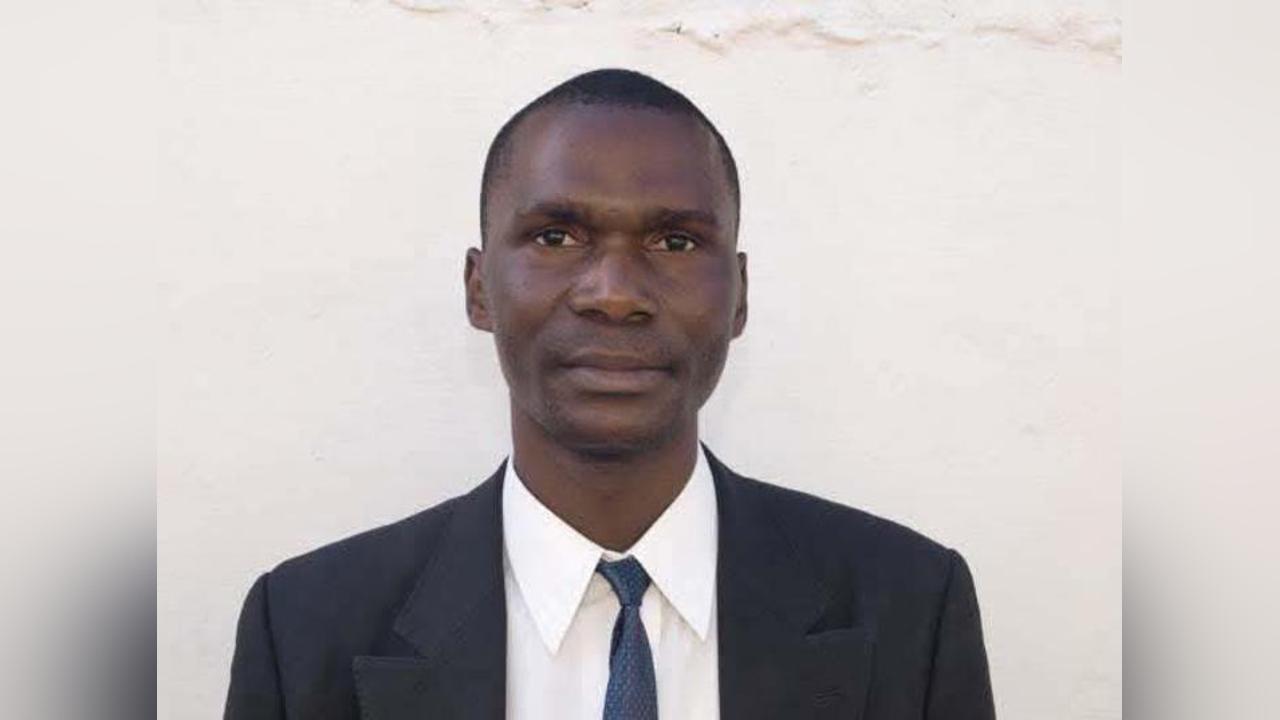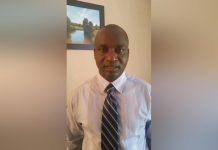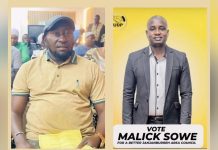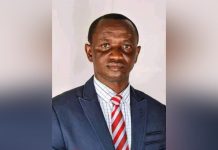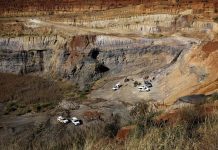Africa-Press – Gambia. The trial of 23 youths charged with unlawful assembly commenced on Thursday, September 11, 2025, at the Kanifing Magistrates’ Court before Magistrate Thomas Touray, with the prosecution calling its first witness.
The accused, who have all pleaded not guilty, were arrested on August 22 while attempting to deliver a petition to the Public Utilities Regulatory Authority (PURA) regarding concerns over the data price floor. Their procession was dispersed by police, and they were subsequently detained and charged.
Representing the state, the prosecution team comprised Assistant Commissioner A. Manga, Sergeant M. Jaiteh, and Inspector Jallow, acting on behalf of the Inspector General of Police. The defendants are represented by a team of lawyers including M. Martins, J. Jobarteh, F. Bondi, L.J. Darboe, K. Jallow, and Jarrah.
Assistant Commissioner Manga informed the court that the prosecution was ready to proceed and called its first witness, Chief Inspector Alasana E. Bah of the Police Intervention Unit (PIU). Taking the stand under oath, Inspector Bah recounted the events of August 22.
Bah testified that while on duty at Kanifing Police Station, he received instructions from Superintendent Commissioner Sarr to respond to what was described as an unlawful assembly outside PURA’s premises. Upon arrival, Bah said officers encountered a group holding placards and chanting. He admitted, however, that he could not recall the exact inscriptions on the placards.
According to his testimony, Superintendent Sarr ordered the group to disperse, declaring their gathering unlawful. The youths, however, maintained they were exercising their constitutional right to assemble. When they refused to leave, Sarr ordered their arrest, and 23 individuals were transported to Kairaba Police Station. Bah told the court he recognized all the accused present and had documented the incident in a formal statement.
During cross-examination, defence counsel Lamin J. Darboe challenged Bah on several points, including his knowledge of PURA. Bah conceded that his understanding of the institution’s mandate was limited to the regulation of GSM companies.
Darboe further questioned the legitimacy of the arrests, asking whether Bah was comfortable detaining citizens “who did nothing and said nothing.” Bah responded that he was acting on orders. When pressed for his definition of unlawful assembly, Bah said: “It is when people gather to protest without being given a permit.”
The defence also asked whether officers had inquired into the purpose of the youths’ gathering before dispersing them. Bah maintained that Superintendent Sarr had only informed them that the assembly was unlawful.
The proceedings were later adjourned due to time constraints. Before the adjournment, Counsel Darboe requested that the prosecution disclose all evidence and materials intended for use in the trial, with the costs borne by the IGP’s office. While Prosecutor Manga agreed to disclosure, he argued that the defence should cover the expenses.
Ruling on the matter, Magistrate Touray ordered the prosecution to provide the requested documents but directed that the defence bear the associated costs. The case was adjourned to October 2, 2025, for continuation.
We reproduce below the Cross-Examination of Inspector Alasanna E. Bah by defence counsel Lamin J. Darboe.
“Do you know what PURA means?” Counsel J. Darboe asked.
“Public Utility Regulatory Authority,” witness Bah replied.
“Do you say ‘Utility’?” Counsel J. Darboe pressed.
“Yes,” Bah answered.
“I’m putting it to you that it’s ‘Utilities’,” Counsel J. Darboe corrected.
“Thank you,” the witness responded.
Counsel Darboe then questioned Bah on the placards. “Can you remember what was written on the placards?”
“I don’t know the words on the placards but they are taken with us to the police station,” Bah said.
The line of questioning then shifted to the legal justification for the arrests.
“Mr. Bah, you’re a Chief Inspector. Where were you comfortable arresting fellow citizens in a public space when they did nothing and said nothing?” Counsel J Darboe asked.
Bah responded, “Do nothing, I cannot ascertain that, but as a police officer on duty, I was asked to go and disperse a group of people. I did my job.”
During cross-examination, when defence counsel Lamin J. Darboe asked the witness to explain his understanding of unlawful assembly, the prosecution objected, contending that the question sought a legal opinion beyond the witness’s capacity. Magistrate Touray overruled the objection, after which the question was reframed.
“What’s your understanding of unlawful assembly?” Counsel Darboe asked again.
“It is when people gather to protest without being given a permit,” Bah answered.
Counsel Darboe then focused on the lack of communication from the police.
“Did you ask them why they were there before you asked them to disperse?”
“Well we did, because Superintendent B. Sarr did inform them that they were unlawfully assembled,” Bah said.
“That’s not the answer to my question. My question was, did you ask them why they were there at the time?” Counsel Darboe clarified.
“Yes, we did, I wouldn’t know why they were there, but as a police officer on duty, I was asked to disperse them for unlawfully occupying the premises.” Bah insisted.
“Did you know what PURA does as an institution,”
The witness admitted that he did not have an in-depth knowledge of PURA’s mandate, though he understood that the institution regulates GSM companies. When defence counsel suggested that the accused were merely at PURA to submit a petition on a matter of public interest, Inspector Bah replied: “I wouldn’t know why they were there, but as a police officer on duty, I was asked to disperse them for unlawfully occupying the premises.”
As the hearing time expired, defence counsel J. Darboe applied for the prosecution to disclose all evidence and materials it intends to rely upon, requesting that the costs be borne by the IGP’s office.
Prosecutor A. Manga agreed to provide the documents but argued that the expenses should not fall on the IGP’s office. Magistrate Touray ruled that the prosecution must furnish the defence with all relevant documents, but that the defence would bear the cost. The matter was adjourned to October 2, 2025.
For More News And Analysis About Gambia Follow Africa-Press

